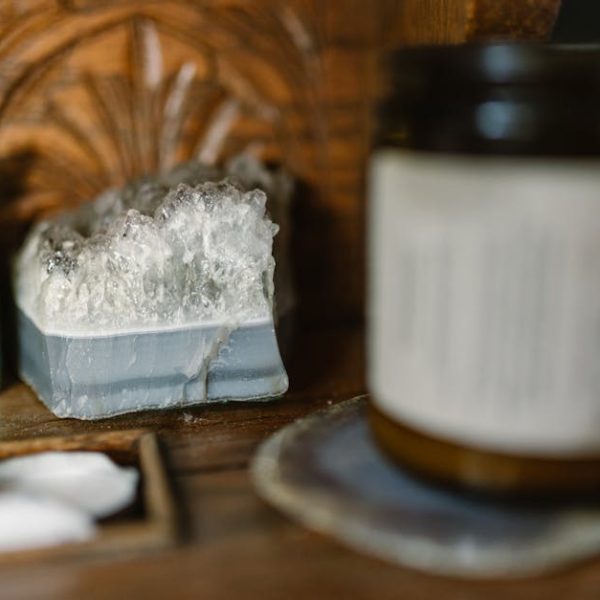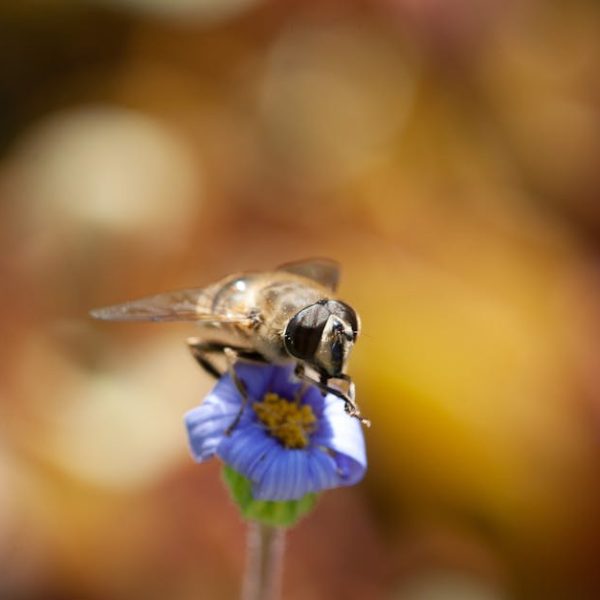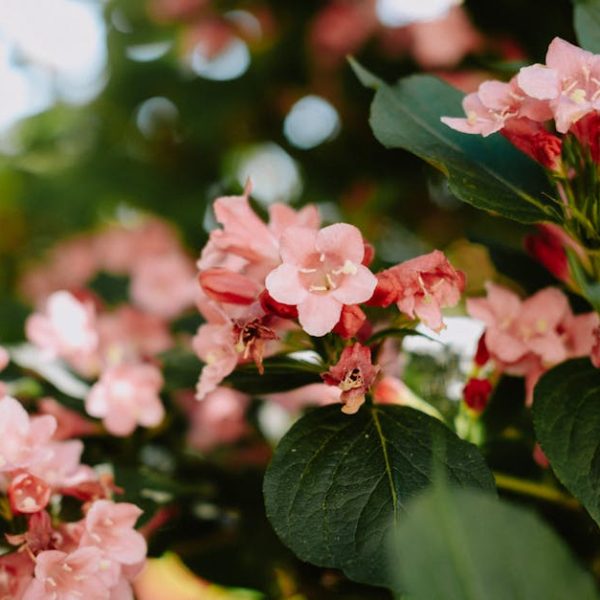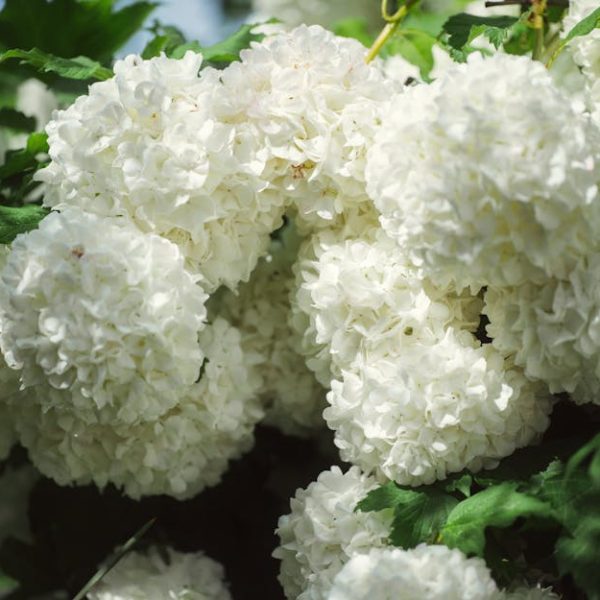Growing melons can be a joy, especially when you’re using your homemade, environmentally-friendly fertilizer that nourishes your plants. With the tips, best practices, and insights provided in this article, you are well on your way to yielding a bountiful, delicious melon harvest.
Understanding the Nutritional Requirements of Melons
Are you wondering why your melons aren’t growing as fast as you’d like, or why the fruits aren’t as big as those you see in the supermarket? It could very well be due to inadequate nutrition. It’s crucial to understand that melons, like us humans, need a balanced ‘diet’ of nitrogen, phosphorus, potassium, calcium, and magnesium to grow healthy and thriving.
Here’s a brief rundown of why each of these nutrients is essential:
– Nitrogen: This nutrient is the fuel for your melon’s leaf and vine growth. More leaves mean more photosynthesis, and robust vine growth supports a heavier fruit.
– Phosphorus: It plays a substantial role in root development and fruit set. Strong, well-established roots help your melon plant absorb more nutrients, and a good fruit set ensures you get a bountiful harvest.
– Potassium: Want larger melons with improved quality and taste? Potassium is the key nutrient.
– Calcium: Calcium helps in strengthening cell walls, leading to stronger, more resistant plants.
– Magnesium: It’s the spark that initiates photosynthesis, the life-giving process where your melon plants convert sunlight into sugars.
Benefits of Using Homemade Melon Fertilizer
One emerging trend among successful gardeners is the use of homemade melon fertilizers. Besides being sustainable and cost-effective, these homemade solutions cater to the specific needs of your melon plants.
Here are some pros and cons to consider:
– Pros: They are undoubtedly cost-effective, allowing you to use kitchen waste like coffee grounds and eggshells instead of discarding them. Furthermore, homemade fertilizers are eco-friendly, and you can tweak them to match your melon plant’s specific needs.
– Cons: On the downside, creating this magic potion for your plants requires knowledge about nutrient balance and can be a bit time-consuming.
Common DIY Melon Fertilizer Ingredients
Going green with your melon fertilizer doesn’t have to be daunting. Here are some common kitchen scraps you can transform into nutrient-rich food for your plants:
– Coffee Grounds: A great source of nitrogen.
– Eggshells: They are abundant in calcium.
– Banana Peels: High in potassium content.
– Compost: It provides a good balance of all essential nutrients.
Steps to Create Your Own Melon Fertilizer
Ready to give homemade melon fertilizers a try? Here’s how to go about it:
Collect your materials and let them decompose naturally. Stir the mixture regularly to encourage aerobic decomposition. Once it attains a crumbly soil-like texture, your fertilizer is ready.
⭐ Pro Tip: Always store your homemade fertilizer in a cool, dry place. Stir it regularly to ensure even decomposition.
Applying Your Homemade Melon Fertilizer
A well-made homemade melon fertilizer won’t be of much use if it isn’t applied correctly. Here’s a simple checklist to guide you:
– Check your garden soil’s nutrient content before applying homemade melon fertilizer.
– Introduce your DIY fertilizer into the ground before planting.
– Apply additional fertilizer as the plant grows and as fruits start developing.
– Water generously after applying the fertilizer. Melons are water lovers!
Maintaining a Healthy Melon Garden
Caring for your melon plants requires more than just regular fertilizing. You need to ensure your melons receive enough water, are free from weeds, and safeguarded from pests.
Key considerations to keep in mind:
– Regular Watering: Melons hold a lot of water, so they need a decent supply, particularly during dry spells.
– Weeding: Ensure your melon garden is free from weeds that compete for nutrients.
– Pest Control: Regularly check for pests and diseases. Remember, prevention is better than cure!
Results to Expect From Using Homemade Melon Fertilizer
As the old saying goes, the proof of the pudding is in the eating. Successful use of homemade melon fertilizer results in stronger plants, larger, sweeter fruits, and a more abundant harvest. Success Factors: Strong, disease-resistant plants, bigger, tastier fruits, and a bumper yield!
Common Mistakes to Avoid
Despite the best intentions, you may encounter some pitfalls when creating or using homemade fertilizers. Here are a few common ones and how to avoid them:
Handy Checklist:
– Avoid over-fertilization by testing the soil’s nutrient content before application.
Key Takeaway:
- Understanding the nutritional needs of melons – nitrogen, phosphorus, potassium, calcium, and magnesium, is crucial for their growth and overall health.
- Homemade melon fertilizers can be an economical, eco-friendly option that can be tailored to meet your melon’s specific needs.
- Common kitchen scraps like coffee grounds, eggshells, banana peels, and compost can make nutrient-rich DIY fertilizers.
- Proper application and maintenance practices are as important as the quality of the fertilizer. Test the soil’s nutrient levels before application, incorporate the homemade fertilizer before planting, and ensure the plants receive sufficient water.
Growing your own melons can be a rewarding experience, especially when they thrive on homemade, eco-friendly fertilizers. With clear understanding and careful application, you could be on your way to enjoying a bountiful, delicious harvest. It is an environmentally responsible practice that not only meets your gardening needs but also effectively recycles kitchen waste. So embrace this green thumb journey and enjoy the fruits of your labor!
FAQs
Q: Can we use these homemade fertilizers for other plants as well?
A: Yes, absolutely. Homemade fertilizers usually contain a versatile mix of nutrients, making them suitable for many different types of plants. However, it’s always beneficial to understand the specific nutritional needs of each type of plant.
Q: Is it possible to over-fertilize with homemade fertilizers?
A: Yes, over-fertilization can occur even with homemade fertilizers. It’s important to test the soil’s nutrient content and use fertilizers judiciously to avoid harmful nutrient imbalances.
Q: Are there any alternatives to compost in making a homemade fertilizer?
A: Yes, other than compost, you can use worm castings, aged animal manure, or green manure crops to create a nutrient-rich homemade fertilizer.
Q: Can kitchen waste be used directly as a fertilizer without composting?
A: Directly applying kitchen waste to the soil may attract pests. Composting or processing it into a fertilizer properly ensures that it’s safe and beneficial for your plants.
Q: How often should I apply homemade fertilizer to my melon plants?
A: This largely depends on your soil’s existing nutrient content and the stage of growth of your plants. For most home gardens, a general rule is to apply fertilizer at planting and reapply midway through the growing season.
Help your fellow gardeners by sharing this article, and don’t forget to explore more posts on our website for additional gardening tips and tricks!






